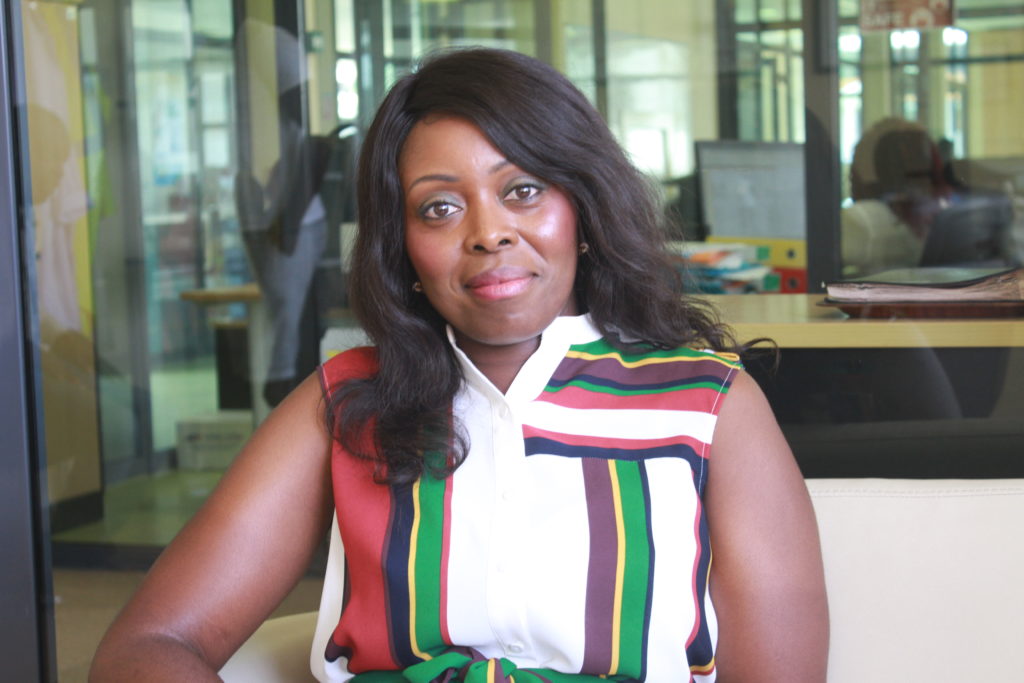How Nestlé Encourages Gender Based Work-Place Diversification in Africa
Getting more women into operations and professions that hitherto reserved for men is a way of encouraging young women to aspire and dream for greatness. This is the philosophy behind Nestle Africa‘s work-place diversification programmes. Across Africa, most schools have closed due to the COVID-19 pandemic. Several international organizations have warned that school closures will hit girls hardest during this time. While many girls will eventually continue with their education once schools reopen, others will never return to school.

Educating girls has a positive effect on communities, as educated women tend to marry later and have smaller, healthier families. They also have better access to economic opportunities for themselves and their families. Although huge strides have been made over the past decade to make education more accessible to girls, more needs to be done to help them attend and remain in school. Having powerful role models who set an example can help. Nestlé Côte d’Ivoire’s Joëlle Abega-Oyouomi is one such example. She is the first-ever female factory manager in Nestlé Central and West Africa.
Charting the non-traditional path
When Joëlle joined Nestlé as a Research Associate nearly 20 years ago, she had high ambitions for her career – but managing one of the world’s largest bouillon producing factories in Africa was not quite on her radar at that time. “I was young, hopeful and eager to learn. I had a narrow vision of where I could end up in my career, but Nestlé prepared me for much more than I expected,” said Jöelle.
Read also:Nestlé, IDH’s Grown Sustainably in Africa To Boost Local Sourcing in Central and West Africa
Earlier this year, she was appointed as the first African woman to head a Nestlé factory in Central and West Africa, challenging prevalent notions about the traditionally male-dominated manufacturing sector. Joëlle heads the Yopougon factory in Côte d’Ivoire, which is the third largest Nestlé factory in the region. Here, MAGGI cubes and seasonings are produced to serve the Central and West Africa region – the largest bouillon market for Nestlé in the world, with over 120 million MAGGI bouillons sold daily.
Climbing the career ladder
Educated as an engineer in food technology, Joëlle joined Nestlé in 2001, working on product development at the Research and Development (R&D) Center in Abidjan, Côte d’Ivoire. She went on to gain international research and development experience at the R&D Center in Shanghai, China, and at the Nestlé Research Center in Lausanne, Switzerland, between 2003 and 2009.
Read also:Nestlé Helps African Coffee Farmers Imbibe Sustainable Agriculture
She returned to Côte d’Ivoire as R&D Product Development Manager in 2009, then moved to Ghana as the Central and West Africa (CWA) Regional Manufacturing Services Manager in 2015. A year later, Joëlle was appointed as Head of R&D Abidjan in Côte d’Ivoire where she helped to transform the center’s dairy business for healthy cereal solutions, drive its confectionery business with cocoa plant science, and refocus the facility’s commitment to bringing affordable nutrition to African consumers, before taking up her current position.
“Out of my 19 years with Nestlé, 17 were dedicated to innovating in R&D,” said Jöelle. “I am happy to have this new management opportunity to bring me out of my comfort zone and help me grow and face new challenges, while still contributing to support our company’s growth in the region. It is also a good chance for me to use new skills that will complement those I previously developed. In doing this job that I love, I also hope that I inspire other young African women to realize that all dreams are attainable.”
Inspiring African girls to dream big
For young women like Abigail, a trainee engineer at Nestlé’s Technical Training Centre in Nigeria, Joëlle’s appointment is very encouraging. “It is exciting to see more and more women in leadership positions, especially in fields like engineering, where women traditionally do not see themselves climbing up the ladder,” explained Abigail. “I feel so motivated and determined to work hard and benefit from any opportunities, without gender bias.”
Read also:Nespresso Tracks Zimbabwean Coffee With Blockchain
Mauricio Alarcón, CEO of Nestlé Central and West Africa Ltd., stated: “We believe that diversity is key to Nestlé’s growth. Empowering women and enhancing gender balance in our company enables us to serve our consumers better. “We are fully dedicated to empowering more women to take roles in technical and management sectors, so that we can have many more ‘Joëlles’ in the future. It is the smart and right thing to do – for our company and for society,” he added.
Kelechi Deca

Kelechi Deca has over two decades of media experience, he has traveled to over 77 countries reporting on multilateral development institutions, international business, trade, travels, culture, and diplomacy. He is also a petrol head with in-depth knowledge of automobiles and the auto industry

